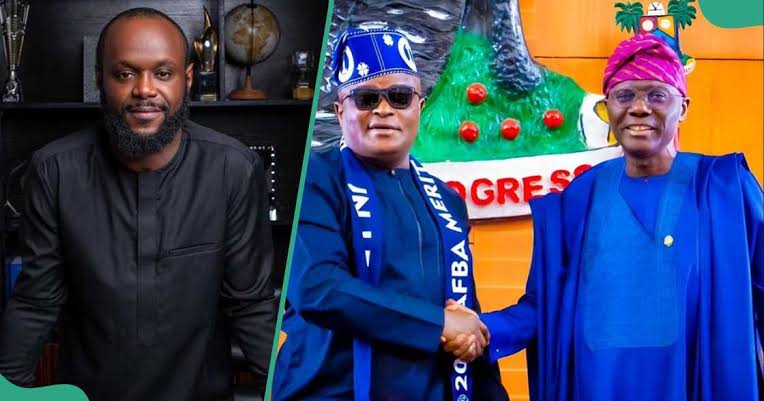ARTICLE AD
The Women In Politics Forum with support from UN Women, has successfully trained 67 young women in politics through its Young Women Political Academy in Kaduna State ahead of the 2027 elections in the country.
The three-day Young Women Political Academy, held from 24th-26th July 2024 in Kaduna State, aimed to build a new generation of female politicians equipped to break the gender and intergenerational gap in Nigerian politics.
“The Forum seeks to plan towards the 2027 general elections by raising a critical mass of young women to challenge the political scene and emerge as executives of political parties from ward to national level and also candidates,” said, president of WIPF, Barr. Ebere Ifendun a statement issued in Kaduna on Sunday.
She also noted that the academy focused on building skills, encouraging political activism, and promoting inclusivity, with two young women with disabilities emerging as part of the leadership team.
According to her, WIPF also conducted advocacy visits to key stakeholders, including Rt. Munira Suleiman, the Majority Leader of the Kaduna state Assembly; Ahmed Tijani, the IPAC chair for Kaduna state and Rabi Salisu, the Commissioner of Human Services and Social Development in Kaduna state and political leaders, to ensure sustainability and continuity of efforts to drive young women’s inclusion in politics.
“We envision a future where young women will be leading the charge to demand good governance in Nigeria as well-equipped politicians with information and skills,” Ifendu added.
She added that the initiative, supported by UN Women, marked a significant step towards addressing the poor representation of women in governance, particularly among young women aged 18-35. By building the capacity of young women to engage in politics.
This was as she lamented that young women were further marginalised as none of the 8 current female ministers fall within the globally recognized age classification of youths which is 18-35.
According to her, WIPF is poised to create a new generation of leaders who will challenge the status quo and shape Nigeria’s political future.
“Even with the poor representation of women in governance, young women are further marginalized as none of the 8 female ministers fall within the globally recognized age classification of youths which is 18-35.
“The challenges of poor political awareness for young women, patriarchy, low education, capacity, finances, legal framework, political parties, media, political violence, and socio-cultural factors amongst others continue to limit young women’s participation in politics.
“Against this background, Women In Politics Forum (WIPF), through a three-day engagement, from 24th-26th July 2024, in Kaduna State in her political academy has successfully trained 67 young women,” the WIPF president added.

 2 months ago
23
2 months ago
23 

